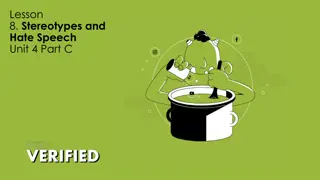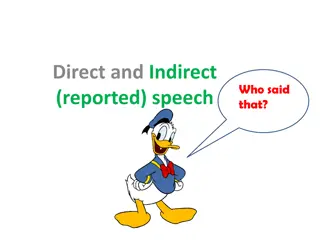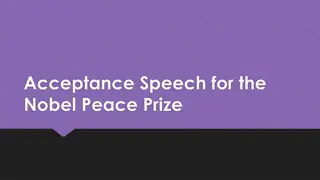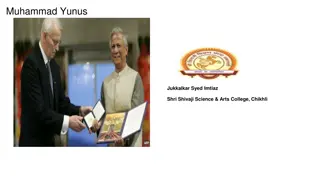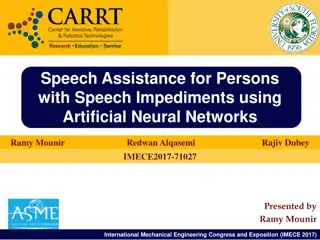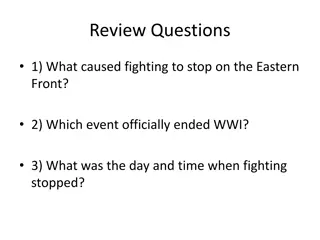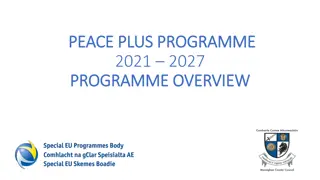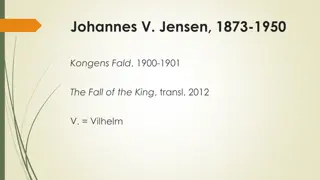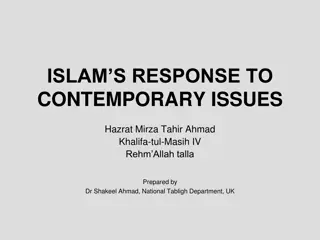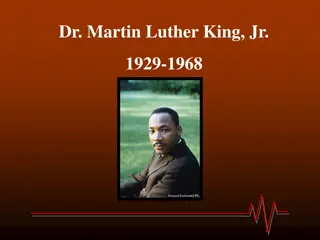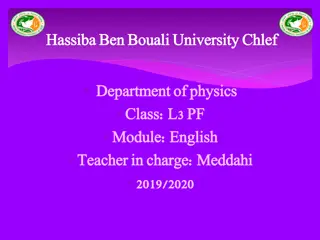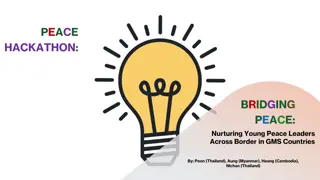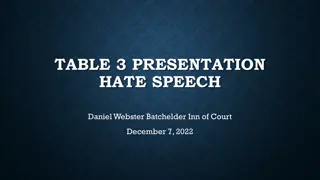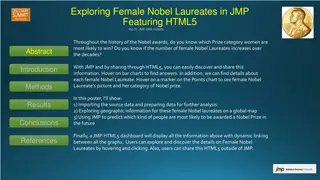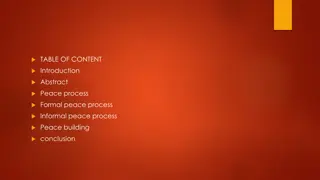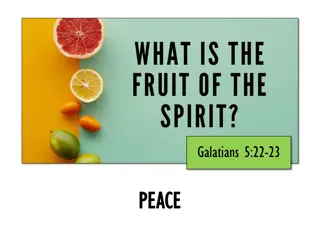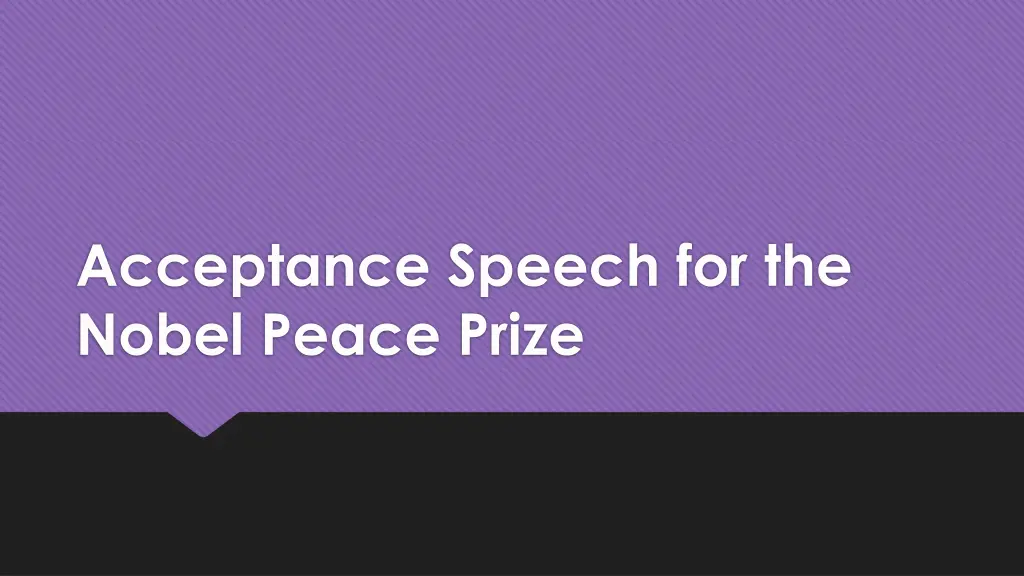
Elie Wiesel's Nobel Peace Prize: Reflections & Quotes
Explore Elie Wiesel's moving acceptance speech for the Nobel Peace Prize and delve into his poignant quotes. Discover his views on emotions, freedom, and the power of taking a stand. Reflect on his words and contemplate the profound messages he conveys to his audience.
Download Presentation

Please find below an Image/Link to download the presentation.
The content on the website is provided AS IS for your information and personal use only. It may not be sold, licensed, or shared on other websites without obtaining consent from the author. If you encounter any issues during the download, it is possible that the publisher has removed the file from their server.
You are allowed to download the files provided on this website for personal or commercial use, subject to the condition that they are used lawfully. All files are the property of their respective owners.
The content on the website is provided AS IS for your information and personal use only. It may not be sold, licensed, or shared on other websites without obtaining consent from the author.
E N D
Presentation Transcript
Acceptance Speech for the Nobel Peace Prize
Read Speech on Pages 223-225 & Answer the Following Questions in Complete Sentences : 1. Upon accepting the honor of the Nobel Peace Prize, what two emotions does Elie Wiesel have? 2. According to Wiesel, what is the biggest threat to freedom? 3. According to Wiesel, who really deserves the Nobel Prize?
Quote Reflection: Look at the quotes from the speech below and respond to the following questions in 4-5 sentences for each quotation. What does this quotation mean? Do you agree with the quote? Explain why. What larger idea is Wiesel trying to communicate to his audience? 1. We must always take sides. Neutrality helps the oppressor, never the victim. Silence encourages the tormentor, never the tormented. Sometimes we must interfere. (paragraph 8) 2. What all these victims need above all is to know that they are not alone; that we are not forgetting them, that when their voices are stifled we shall lend them ours, that while their freedom depends on ours, the quality of our freedom depends on theirs. (paragraph 12)

